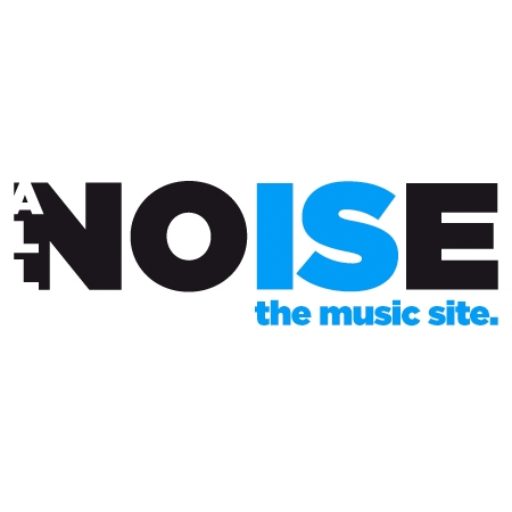 Hot on the heels of Apple’s new Ping music service, Microsoft have announced they are to launch their Zune Marketplace music store and Zune Pass subscription service in the UK this autumn. All this comes amid news that search engine giant Google is set to unleash its own music download service soon.
Hot on the heels of Apple’s new Ping music service, Microsoft have announced they are to launch their Zune Marketplace music store and Zune Pass subscription service in the UK this autumn. All this comes amid news that search engine giant Google is set to unleash its own music download service soon.
So if, as Thom Yorke keeps telling us, the music industry is in its death throes, why are three of the biggest technology companies scrambling to out-do each other with sparkly new music services? Or is this a sign that the internet has really begun to alter the music industry landscape?
At first, this looks like the normal corporate arms-race – as soon as one of the big-boys announce plans for a new product, the competitors dive-in with rival products. But look a bit closer and you see these new services are at the core of music’s evolution from physical product to online content. And at the heart of this is musics ability to inspire loyal, and at times fanatical, communities.
Both Apple’s Ping and Google’s as yet untitled service are billed as ‘music social networks’, aiming to use the communal power of music to create large amounts of users and crucially, keep them ‘networking’ in just one online space. Ping allows users to suggest songs to their friends, with each friend getting a free preview of recommended songs before deciding whether to buy it from iTunes. This aspect is sure to give new bands a chance to circulate their music, but the service looks more geared to encouraging users to act as distribution channels for iTunes music.
This gives a hint to how the major players in online music see the music industry at the minute. The old model of record labels being in control of how music is distributed is now looking totally outdated, as blogs and torrent sites make full use of broadband to distribute free music to an online audience that is growing exponentially. Taking control of this new method of distribution, while at the same time monetizing it, is the ultimate aim.
Google’s rumoured service will also offer a preview function as well as a yearly subscription fee which will allow users to store their music in the cloud – allowing them to access it from any device with an internet connection.
Microsoft’s Zune comes with an £8.99 per month subscription fee and is a more conventional music streaming and download service. It is set to be rolled out across the UK in the coming months and can be accesses on PC’s, XBox 360’s and Windows Phone 7 smart phones.
With the success of current services like Spotify, it seems the big players are now convinced that a re-structured music industry has the potential to be a big online success. Whether this ends up being the final nail in the coffin for the current music industry model, or reinvigorates it with some much needed revenue, remains to be seen.
Discover more from All-Noise
Subscribe to get the latest posts sent to your email.




![New Single: “Make Me Like You” Gwen Stefani – [Full Audio]](https://all-noise.co.uk/wp-content/uploads/2016/02/gwen-stefani-make-me-like-you-290x290.jpg)



![Listen to “You Owe Me” by The Chainsmokers [SNIPPET] the chainsmokers](https://all-noise.co.uk/wp-content/uploads/2017/04/the-chainsmokers-290x290.jpg)






One thought on “Why Are Technology Giants Scrambling To Offer Online Music Services?”
Comments are closed.